For over 25 years, SNIA has been committed to its mission of worldwide leadership developing and promoting architectures, standards, education and vendor-neutral collaboration. Our focus is on the transport, storage, acceleration, format, protection, and optimization of infrastructure for data.
Accelerate:
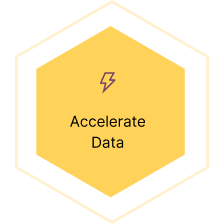
Technologies that move processing closer to the data, enabling improvements in application performance and/or infrastructure efficiency through the integration of compute resources (outside of the traditional compute & memory architecture) either directly with storage or between the host and the storage.
Areas of Interest:
- SNIA SDXI (Smart Data Accelerator Interface)
- SNIA Computational Storage Architecture and Programming Model
- DPU (Data Processing Unit)
For a deep dive into SNIA's Accelerate focus area, check out this podcast:
Accelerating Tomorrow's Data Storage Technology and Standards
Protect:
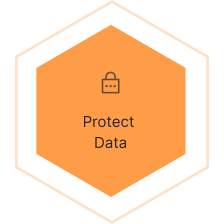
Security is concerned with securing data storage systems and ecosystems and the data that resides on these systems. Storage security represents the convergence of the storage, networking, and security disciplines, technologies, and methodologies for the purpose of protecting and securing digital assets.
Data protection is the process of safeguarding important data from corruption, compromise or loss and providing the capability to restore the data to a functional state should something happen to render the data inaccessible or unusable.
Areas of Interest:
- Storage Security
- SNIA TLS (Transport Layer Security) for Storage Systems
- Encryption and Key Management
- Data Sanitization
- Data Privacy
- Storage Management Security
- Fibre Channel Security
For a deep dive into SNIA's Protect focus area, check out this podcast:
Data Protection: Insights on Privacy, Security, and Regulations
Optimize Infrastructure:
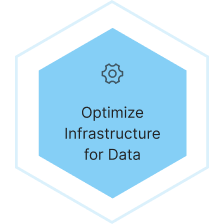
Optimize Infrastructure for configuration, management, and monitoring of data environments to reduce the consumption of space, power, and other resources required.
Areas of Interest:
- Storage Management
- SNIA Swordfish®
- iSCSI Management
- SMI-S (Storage Management Initiative Specification)
- Green Storage
- SNIA Emerald™
- IoT
- RWSW (Real World Storage Workloads)
- IOTTA (I/O Traces, Tools, Analysis) Repository
- IP Based Drive & Management
- Power Efficiency Containers
- Software Defined Storage
- Performance
- IO Capture and Test
For a deep dive into SNIA's Optimize focus area, check out this podcast:
Optimize Your Infrastructure for Today's Data Era
Store:
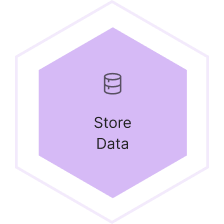
Data Storage is a function that records data and supports retrieval, enabling technologies for the storage of data and supporting representation of data on various types of storage media.
Areas of Interest:
- Non-Volatile Memory
- Cloud / Hyperscaler Storage
- Key Value Storage API
- DNA Data Storage
- Persistent Memory
- SAS (Serial Attached SCSI)
- Zoned Storage
- Automotive
For a deep dive into SNIA's Store focus area, check out this podcast:
Why Data Storage Matters More Than Ever
Transport:
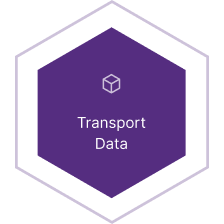
Data Transport is concerned with the specification of mechanisms and technologies that define how data can be moved between physical locations, such as via connectors, cables, transceivers, and protocols.
Areas of Interest:
- SFF and EDSFF (Enterprise and Datacenter Standard Form Factor)
- SNIA Native NVMe-oF™ Drive Specification
- CXL™ (Compute Express Link™)
- Networked Storage Technologies
- SAS (Serial Attached SCSI)
- Physical Connections and Transceiver Standards
- Memory Fabrics
- Fibre Channel (FC), iSCSI, SMB3
For a deep dive into SNIA's Transport focus area, check out this podcast:
Breaking Barriers: Transport Technologies and Storage Innovations
Format:
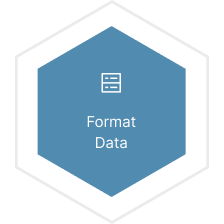
Data Storage is a function that records data and supports retrieval, enabling technologies for the storage of data and supporting representation of data on various types of storage media.
Areas of Interest:
- SNIA LTFS (Linear Tape File System) Format Specification
- SNIA CDMI™ (Cloud Data Management Interface) Reference Implementation
- Filesystems
- SNIA SIRF (Self-contained Information Retention Format)
- SNIA DDF (Common RAID Disk Data Format)
For a deep dive into SNIA's Format focus area, check out this podcast:
Standard Data Management Formats: From Tape to Cloud








